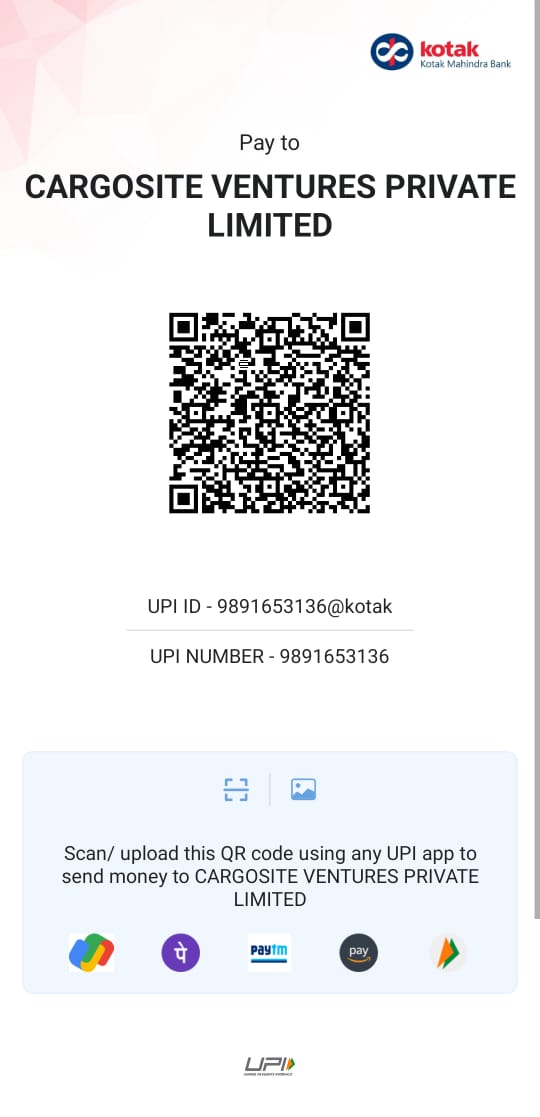For an MSME, a 05–10% swing in costs can be the difference between a profitable year and a shutdown. The previous punitive tariffs (reaching up to 50% in some clusters) had forced many small units in Tirupur (textiles) and Surat (diamonds) to operate at a loss or halt production entirely.
By capping reciprocal tariffs at 18%, the deal provides an immediate "margin cushion" of roughly 02-03%. This allows small exporters to reinvest in machinery and labour rather than just paying off duties.
Competitive Edge Over Regional Rivals.
In the cutthroat world of global exports, India often competes with Vietnam, Bangladesh and Pakistan.
New 18% rate is strategically lower (by about 1%) than the average tariffs faced by neighbouring competitors. This slight "price edge" is enough for US retailers to shift high-volume orders back to Indian MSME clusters.
Sector-Specific MSME Wins.
The agreement targets high-employment, cluster-based industries:
- Textiles & Apparel: Centers like Ludhiana and Coimbatore can now resume full capacity, reclaiming their ~29% share of India's total T&C exports.
- Leather & Footwear: Thousands of small units in Kanpur and Chennai gain more affordable access to the US market, supporting over 02 lakh new jobs.
- Marine Products: Livelihoods of roughly 03 million people in the seafood sector are secured as shrimp and processed food exports become more viable under the new tariff regime.
Better Working Capital & Credit Flow.
Uncertainty is an MSME's greatest enemy. When trade rules are volatile, banks are hesitant to lend.
The predictability of this long-term deal improves the "investment attractiveness" of small businesses. With clearer revenue visibility, MSMEs can access cheaper credit and benefit from government initiatives like the ₹10,000 crore SME Growth Fund introduced in the 2026 Budget.
Integration into "High-Value" Supply Chains.
The deal is not just about selling traditional goods; it is about moving up the value chain. The small firms in electronics, drone components and EV subsystems are now positioned as "Tier-2" suppliers for major US corporations. By aligning with US standards and enjoying lower friction, Indian startups can transition from "contract manufacturing" to "co-creating" intellectual property.
Summary of MSME Gains.
|
Feature
|
Impact on MSMEs
|
|
Tariff Cap
|
Immediate margin support of 1.5% - 03%
|
|
Regional Parity
|
01% price advantage over regional competitors
|
|
Employment
|
Potential for 02 lakh+ jobs in leather and gems
|
|
Supply Chain
|
Deeper integration into US-centric tech manufacturing
|
The 2026 agreement effectively "de-risks" the Indian export sector, allowing millions of small entrepreneurs to dream of a global footprint once again

